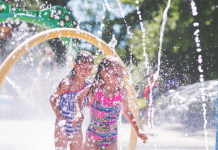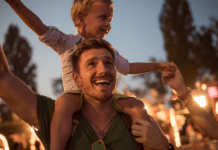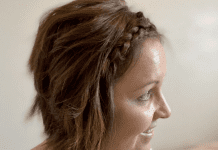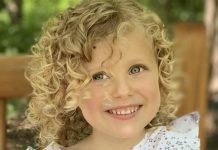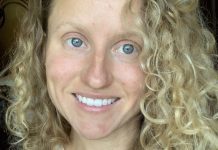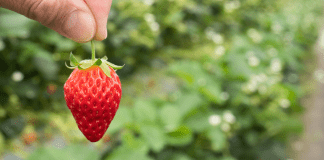Growing up I was taught to never leave the house without a full face of makeup. My mother was passionate about always looking her best, so I learned, at an early age, that it was unacceptable to show my undone face pretty much anywhere, except the confines of my own bedroom. This was my normal. Makeup became a staple in my morning routine when I was young and I quickly grew to feel incomplete without it.
 Different philosophies
Different philosophies
As I grew older, I noticed not everyone shared this philosophy. Sure, in high school I had friends who rarely wore makeup who didn’t second-guess themselves. Looking back I had just chalked it up to their naiveté. But, when I entered the workforce in my early 20s, it absolutely shocked me that there were still faces seen regularly (gasp) without a stitch of makeup. This was a career, a professional position, why weren’t they looking their best? I struggled to understand just how many people were comfortable going about their day without such a crucial component of daily life. To me, applying makeup was like putting on my pants on or brushing my teeth—important, essential. Why would they want to be without it? How could they bear their plain faces in public, and do so with pride? As I questioned this of others, it wasn’t too long before I began to question myself.
I am worthy
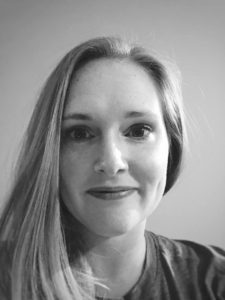
Why was it that I couldn’t or wouldn’t go anywhere without makeup? What I came to realize was insecurity and shame were buried under my perfectly done-up face. And without the makeup I was vulnerable. Not only because I was taught that I needed to cover it up, but because of what needing to cover it up really meant: my real face wasn’t worthy of being shown. It was not easy to accept this, but I needed to in order to begin working toward accepting myself, au naturale. I started to take baby steps. Simple errands like getting gas and going to the post office became makeup free challenges for me. They soon morphed into bigger, more intimidating tests: the grocery store, Target, and picking my kids up from school. As I continued to push myself, each task seemed more frightening than the last, but also proved more rewarding in the end.
I find myself now, in my mid-30s with four kids, and quite frankly, I don’t always have the time, energy, or desire to put on a full face before leaving the house. But that’s okay. My made-up face doesn’t define me anymore. For the first time ever, I can say with confidence, I love my face—sans makeup!
What are some childhood norms that you have had to overcome as an adult?



